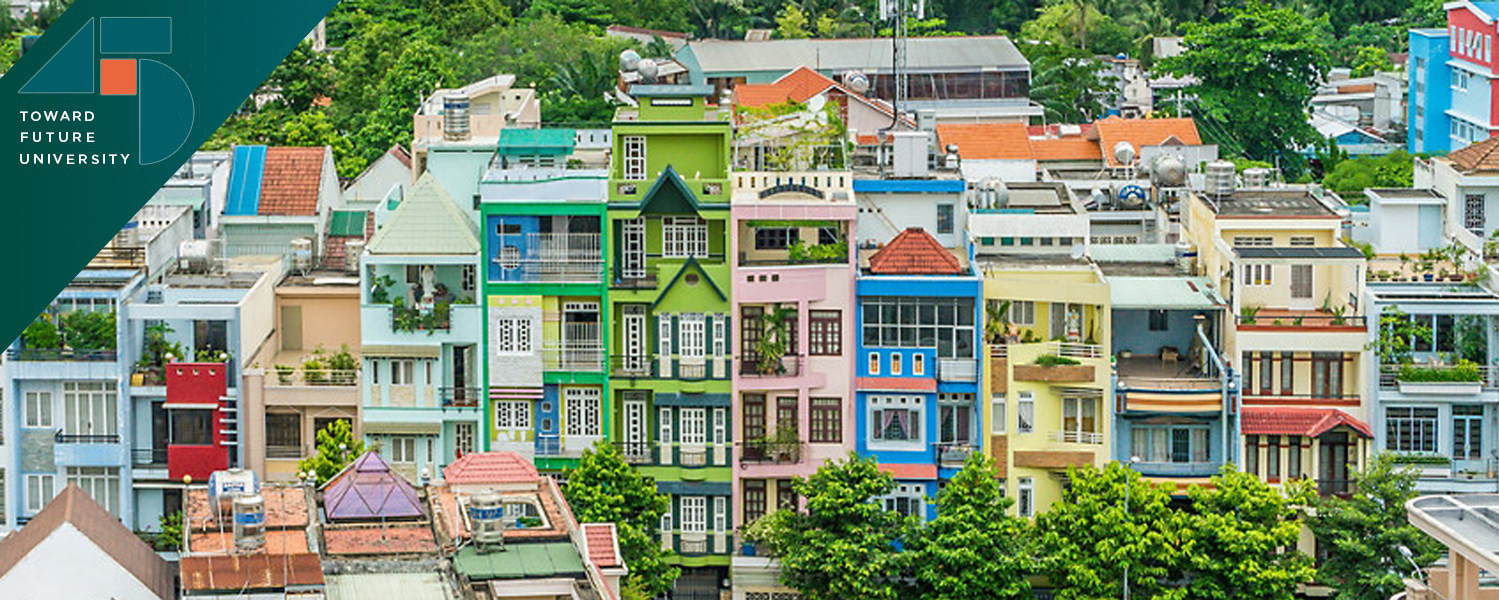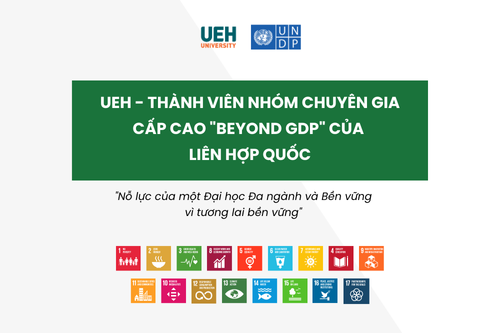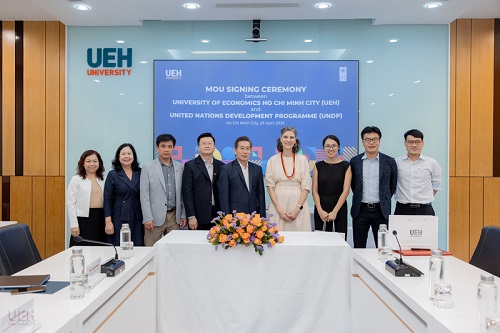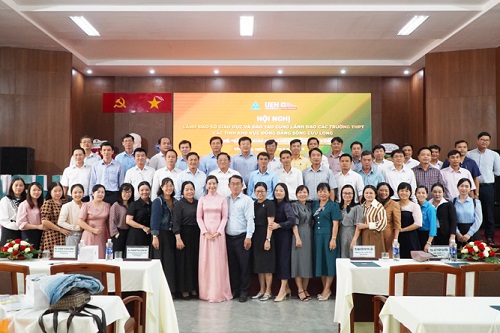
In the “new normal" situation, accommodation for workers is an issue
21 Sep, 2021
[Dan Tri Newspaper] Prof. Nguyen Trong Hoai said that accommodation for workers should be paid more attention when life enters a new normal situation. Many solutions have been proposed.
Places of residence have many shortcomings
According to Professor Nguyen Trong Hoai, the University of Economics Ho Chi Minh City, accommodation for workers at businesses is increasingly concerned, especially when many localities are implementing social distancing.
Currently, enterprises have to rent concentrated accommodation for workers to stay. However, this is too costly and only suitable for businesses with financial potential. Some companies provide temporary housing for workers at the production site.
No matter how the enterprise deploys it, it will also cause workers to face more obstacles than normal living conditions.
“Having a suitable residence for workers, well connected to the production location will help businesses maintain production while complying with anti-epidemic safety criteria, ensuring dual goals” – Prof. Nguyen Trong Hoai said.
.jpg)
Prof. Nguyen Trong Hoai - University of Economics Ho Chi Minh City (Photo: D.V)
According to Professor, the prolonged time of separation caused a part of enterprises to stop production, workers had no jobs, and incomes decreased. Therefore, workers cannot afford accommodation and food, so they find their way back to their hometown to avoid the pandemic.
These immediate reactions are reasonable for the individual but will cause labor shortages when society moves into the new normal. Moreover, returning workers to their hometown can increase the burden on their relatives and homeland. Experiences from Bac Giang, Ho Chi Minh City, Binh Duong and Dong Nai Provinces are typical examples in recent months.
Through surveying many industrial zones in Ho Chi Minh City, Hanoi and Hai Phong, Professor Nguyen Trong Hoai found that land area in industrial zones is vast but mainly for production. As for green buildings, accommodation and other social facilities such as kindergartens and hospitals are scarce, or even nonexistent.
His comments show that the initial planning of industrial zones often has social infrastructure, including accommodation for workers. However, when implementing, there are still many shortcomings, the issue of housing for workers is less concerned.
According to Prof. Hoai, businesses often save accommodation costs for employees due to economic efficiency even though they know human resources are decisive for development, competition and profit.
"Enterprises see that paying employees is fulfilling their social responsibility, so they let employees balance their accommodation needs by themselves" - Prof. Nguyen Trong Hoai shared.
Then, what is the solution?
According to Professor Nguyen Trong Hoai, the economic recovery strategy after the pandemic will undoubtedly have many concerns, and problems of worker’s accommodation cannot be ignored. However, there are still shortcomings that need to be improved to quickly recover and increase their risk tolerance in the future.
.jpg)
The place where the workers live has not been paid enough attention
He suggested that industrial zones need to be implemented plans that already have social infrastructure works such as accommodation, trees, kindergartens, cultural and sports areas, and other social facilities. It needs to be implemented quickly, without delay , systematic and synchronized with care from many parties.
“The figure of more than 3% of land for social infrastructure works in industrial zones is too small. Currently, only about 50% of industrial zones implement social infrastructure works. Meanwhile, businesses have not focused on these issues, and the units that develop industrial park infrastructure have not fulfilled their responsibilities." the Professor said.
“Currently, we are dealing with the Delta variant and in the future may face other stronger and faster variants. Therefore, if we did not prepare under normal conditions, we may continue to be passive," said Professor Nguyen Trong Hoai.
Next, the industrial zone needs to be systematically linked to the urban area with a workers' accommodation network next to it. Industrial zones should aim at "green industrial zones" or industrial "symbiosis" development associated with urban services, including worker accommodation services. To do this, the Government needs to have policies to encourage investment in housing for workers.
Transporting from workers’ accommodation to the industrial park also needs to be systematically connected with the public bus network. It creates convenience for workers and reduces traffic jams, especially in big cities like Hanoi or Ho Chi Minh City.
In addition, in the coming time, it is necessary to standardize private hostels with a regulation that ensures living space, minimum utilities, hygiene, and minimum distances,... This regulation should be encouraged, and make it mandatory for landlords and tenants.
"Workers in industrial zones in Ho Chi Minh City and Bac Giang have been cross-infected due to unsafe living conditions," said Prof. Nguyen Trong Hoai.
The professor suggested, "megacities" such as Ho Chi Minh City and Hanoi need to reduce the pressure of workers to stay to work with a long-term strategy. Typically, skilled labor and technology are used instead of simple labor. This is to reduce the pressure of density of residents to comply with safe living conditions.
When the accommodation is guaranteed to be safe and competently serve the needs of employees, businesses will develop sustainably, thereby effectively contributing to the country's economy.
Author: Prof. Dr. Nguyen Trong Hoai
Source: Dan Tri Newspaper
.jpg)










